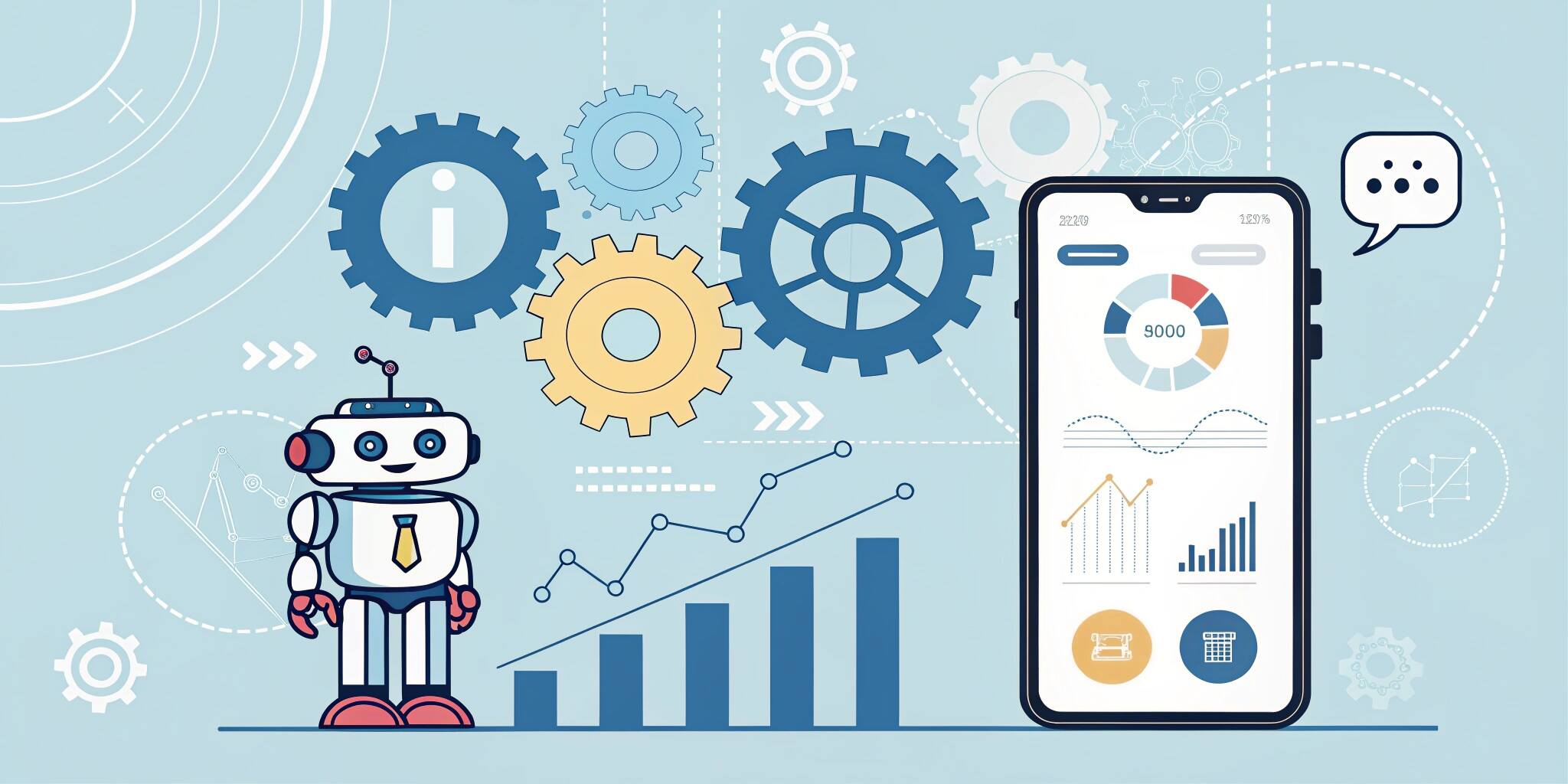Artificial Intelligence (AI) is revolutionizing mobile app development by adding intelligence, personalization, and automation. From smart chatbots to predictive analytics, integrating AI can significantly enhance the functionality and user experience of your app.
Today, AI isn’t just a trend—it’s a competitive edge. Whether you're developing a healthcare app, an e-commerce platform, or a fitness tracker, AI can make your app smarter and more engaging.
Key AI Use Cases in Mobile Apps
1. Chatbots and Virtual Assistants
AI-powered chatbots can provide 24/7 customer support, process orders, and resolve issues in real-time. Natural Language Processing (NLP) enables them to understand context, intent, and even emotions, offering human-like interaction.
Benefits:
- Improved user engagement
- Reduced customer support costs
- Faster query resolution
2. Predictive Analytics
Predictive analytics helps forecast user behavior based on historical data. This is crucial for personalization, inventory management, marketing automation, and more.
Benefits:
- Proactive decision-making
- Enhanced personalization
- Improved customer retention
3. Recommendation Engines
Apps like Netflix, Spotify, and Amazon thrive on AI-powered recommendation systems. These engines analyze user data to suggest relevant content or products.
Benefits:
- Increased user retention
- Higher sales conversions
- Personalized experiences
4. Image and Speech Recognition
AI allows mobile apps to process images and voice commands for seamless interaction. Think facial recognition in banking apps or voice search in shopping platforms.
Benefits:
- Touch-free navigation
- Improved accessibility
- Advanced security
5. Fraud Detection and Security
AI algorithms can analyze transaction patterns and detect anomalies to prevent fraud in real-time—particularly useful in fintech and mobile banking apps.
Benefits:
- Real-time threat detection
- Reduced false positives
- Enhanced trust and compliance
Steps to Integrate AI in Mobile Apps
- Define Your Goal: Identify what problem AI should solve—personalization, automation, or forecasting.
- Choose the Right AI Technology: Use NLP, ML, or computer vision based on your app’s needs.
- Collect & Prepare Data: Train your models with high-quality, relevant data.
- Select Tools/Platforms: Use AI tools like TensorFlow Lite, Core ML, Firebase ML Kit, Dialogflow, or IBM Watson.
- Test & Optimize: Continuously evaluate and refine the AI model for accuracy and speed.
Industries Benefiting from AI in Mobile Apps
- Healthcare: Symptom checkers, appointment bots, health prediction.
- E-Commerce: Personalized shopping, price prediction.
- Finance: Fraud detection, investment forecasting.
- Education: AI tutors, personalized learning paths.
- Entertainment: Content recommendation, mood-based playlists.
Challenges to Consider
- Data Privacy & Security
- Bias in AI Algorithms
- High Initial Costs
- Complexity in Maintenance
Despite these challenges, AI's long-term ROI makes it a worthwhile investment for forward-thinking businesses.
Conclusion
Integrating AI in mobile apps is not just about staying current—it's about delivering intelligent, engaging, and future-ready experiences. From chatbots to predictive analytics, the potential is enormous. The key lies in starting small, testing, and scaling intelligently.
If you're looking to give your mobile app an edge, now is the perfect time to harness the power of AI.


